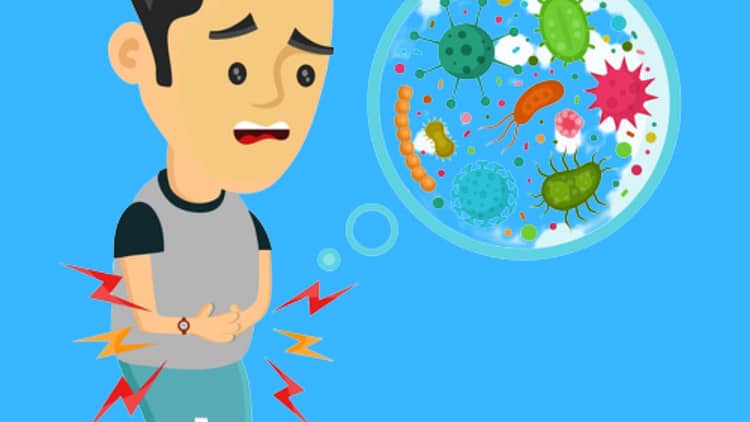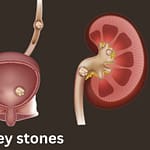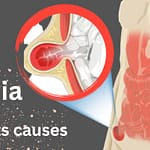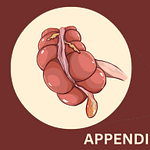
Food Poisoning Define Medical
If there is alcohol in the small intestine within 24 hours of eating food,
This condition is called food poisoning.
Causes of Food Poisoning Bacteria
- This disease is caused by food poisoning.
- Food poisoning is often caused by stale food.
- Market food that is not prepared cleanly.
- This disease is caused by bacteria.
- As a result of consuming something that contains chemicals, for example.
- By eating moldy food.
Food Poisoning Dehydration Symptoms
- Nausea and vomiting.
- This condition usually occurs 30 minutes to an hour after eating, but it can occur at any time.
- After some time, it starts.
- Nausea and vomiting come one after another.
- Abdominal pain starts.
- The patient feels very weak.
- Due to the severity of the disease, the body begins to lose water.
- If too much is lost, the patient enters shock.
- The patient’s body starts getting cold.
- Stools are the first and most unpleasant odor.
- There is blood in the stool.
- In this case, yellow becomes the patient’s color.
Treatment for Food Poisoning Stomach Pain
-
Arsenic Album 30
If there is food poisoning due to stale food, these are medicines. If this pain is caused
by eating overripe fruits, there is no better medicine than an arsenic album.
-
Car Bowie 30
If nausea and diarrhea occur due to eating stale meat, this medicine is effective.
-
Nix Wamika 30
It is the most effective medicine for this disease. Additionally, there is stomach pain
and diarrhea. Abdominal pain is relieved for some time after defecation.
-
Natrum Peacock 6x
If you have food poisoning after eating honey, its medicine will be helpful.
-
Pulsatile 30
Getting this disease is due to eating chocolate or chicken.
-
Var miram album 30
The patient feels chilly. Cold sweat begins to appear on the forehead. The whole body
becomes cold as ice, but the patient feels fire inside the body.
-
Camphor
A few drops of water mixed with sugar provide immediate relief. I recommend that
you take this medicine as soon as possible.
Life-saving medicine in Dehra.
Important Instructions on Food Poisoning
The patient must be completely unable to eat. When the symptoms disappear and the
patient feels hungry. Start with a light diet gradually.
In cases of severe dehydration, the patient should be given a drip. When a patient’s
condition cannot be managed at your clinic, he or she should be admitted as soon as possible.
In the event of a disease, give ice to the patient instead of water.
Give one spoonful of salted water.
It is advised that the medication be repeated as soon as possible, depending on how
severe the condition is. If the patient is nervous, encourage him.
Is. As a result of giving this medicine, the situation improved.
Food to eat after food poisoning occur
The consumption of certain foods should be carefully monitored to prevent illness.
These dishes may be unsafe due to unclean kitchen tools, mayonnaise, or improperly
stored dairy items. Additionally, frozen or refrigerated items that are not kept at the correct
temperature or not cooked properly, raw oysters and fish, poorly washed fruits and vegetables,
juices made from raw fruits or vegetables, dairy products, or unpasteurized vegetables
should be avoided. You should also avoid uncooked meat or eggs as well as water
from untreated sources.
I ate something bad and my stomach hurts
If you feel full after eating and have discomfort in your upper abdomen,
you may have indigestion, which is also called dyspepsia. A variety of factors
can cause indigestion, including eating too quickly or too much, consuming fatty
or spicy foods, smoking, and consuming alcohol, coffee, or chocolate, among others.
Medical conditions such as ulcers, gallstones, constipation, and celiac disease can also
lead to indigestion. Symptoms may be alleviated by eating smaller meals,
avoiding caffeine, and stopping certain medications.
Another common cause of discomfort in the stomach is gas build-up in the intestines,
which can be very uncomfortable. You should consult your doctor if you experience
ongoing discomfort, and it interferes with your daily activities.
In addition to nausea and vomiting, indigestion can also cause vomiting.
Different conditions can cause vomiting, including motion sickness, excessive
alcohol consumption, gastroenteritis (stomach flu), and allergic reactions.
In addition to paying attention to the color of your vomit if you experience vomiting,
it may indicate that you have a health issue.
High risk foods for food poisoning
Certain foods are more likely to contain harmful bacteria than others, which can cause illness.
These include animal-based foods like raw or undercooked meat, poultry, eggs,
unpasteurized milk, dairy products, and shellfish. It should also be noted that raw fruits,
vegetables, and grains, as well as products made from them, such as leafy greens,
sprouts, and flour, are also susceptible to contamination. During the process of producing
and preparing food, all foods can become contaminated, including through cross contamination.
In order to prevent foodborne illness, follow these simple steps at home: clean, separate,
cook, and refrigerate. Dairy products (such as milk, cream, fake cream, custard,
and soft/molded mature cheeses), shellfish, seafood (such as mussels, cockles,
cooked prawns, raw oysters, mayonnaise, mousse, and homemade ice cream containing raw
or lightly cooked eggs), and flour-based products (such as rice, pasta, and couscous)
require extra caution.
Conclusion
Rest is very critical for the patient. A cholera patient should be kept warm by using a hot
water bottle. Dehydration occurs due to the severity of the disease. Therefore, the first duty
of the doctor to compensate for dehydration is to give the patient saline water. However, it
is more useful to take the prescribed medicine with water. Give the patient ice to suck on
to quench his thirst. Once cholera is under control, start eating slowly and with light, easily
digestible foods. Excessive dehydration: Put the patient on a drip.










